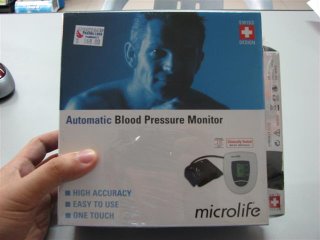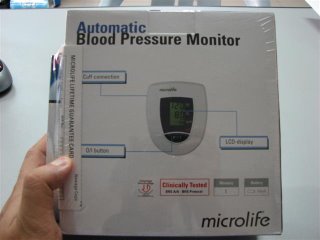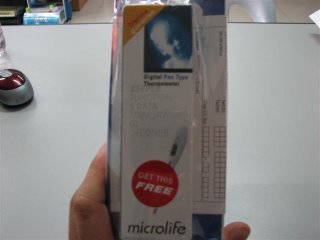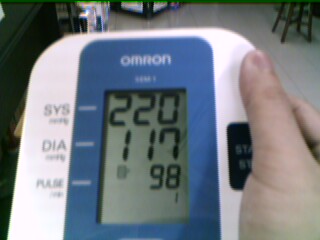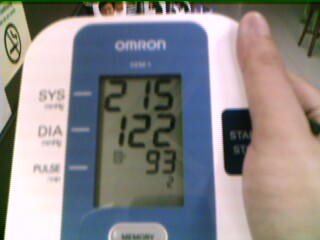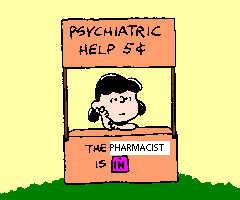This part is the continuation of my post title
'10-hydroxy decenoic acid fever'. Please refer below for the first part of my story.
Today I managed to see what actually they are selling. This is courtesy of one of my customer who bought the Taiwan's Royal Jelly for his son who is suffering from stroke because the promoter claimed that it will improve his brain functions.
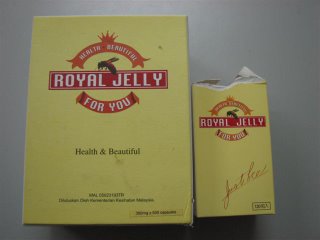
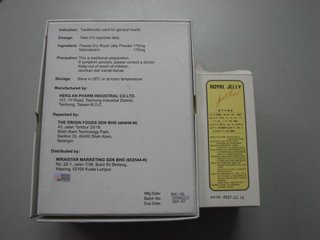
The Royal Jelly claimed to contain 10 HDA. (But I don't see any HDA in the labelling)
When I see the indication, it is stated 'traditionally used for general health'. The contents are Freeze Dry Royal Jelly Powder 175mg, Maltodextrin 175mg and to be taken 3-5 capsules daily.
Freeze Dry Royal Jelly Powder, ok, we know what it is.
Maltodextrin??Actually, it is a moderately sweet polysaccharide used as a food additive. It is produced from corn or barley or wheat starch. Celiac patients have to be careful if the maltodextrin was derived from wheat or barley as it can contain traces of gluten.
What are the signs and symptoms experienced by celiac patients who take gluten containing diet?
Malabsorption, weight loss and diarrhea is common but they may also suffer bloating, flatulence, steatorrhea (fatty stool), anemia, weakness, malnutrition, vitamin and mineral deficiencies, skin rashes, bone loss, or failure to thrive.
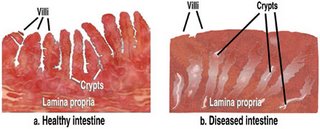
Pathological specimens of the small intestines often reveal atrophy(wasting/death) of the villi and flattening of the mucosa (this is bad)
Besides, maltodextrin can cause headaches in people sensitive to monosodium glutamate (MSG).
What we want to know is why is there a sweetener food additive inside? What is its role?
This is what i sell in my pharmacy. One is from 21st Century which contains Natural Vit E 50iu, Bee Pollen 200mg, Ginseng 200mg, Propolis 100mg, Royal Jelly 200mg and does not contain sugar, artificial colors, artificial flavours or preservatives. Costs about RM 0.50/day at max dose.
The second is from Kordels and each capsule contains Royal Jelly (6% HDA) 334mg and does not contain starch, milk derivatives, yeast, gluten, salt, artificial colouring, flavouring and preservatives. Cost about RM 1.00/day at max dose.

Now, the interesting part is the cost of this Taiwan's Royal Jelly I could say it will cost my customer more than 10 times when he take it at maximum dose /day.
What is your comments? Which brand do you prefer? Taiwan, Kordels, or 21st Century?
